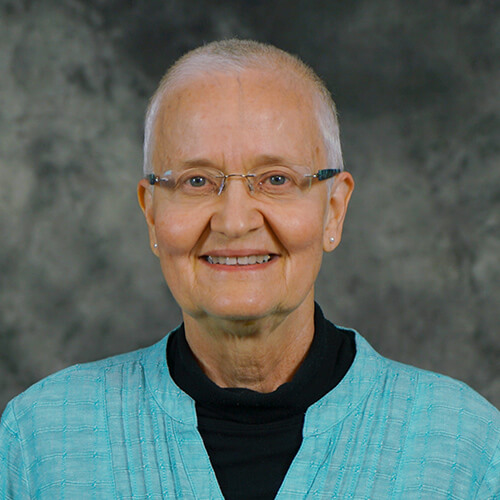Why study Communication at MC?
The vehicles for communication may be ever-evolving, but writing remains at the core. As a Writing/Communication major at Maryville College, you will master methodologies in creative and professional writing. You will learn how to communicate effectively to different audiences in journalism, public relations and business and technical writing. In creative writing classes – fiction, poetry and creative nonfiction – you will be challenged to realize the potential of your work through workshops, multiple drafts and intensive study of craft. The major balances instruction and practical experience, ensuring that you graduate with a substantial portfolio of original work produced through coursework, internships and participation in campus publications. You’ll be prepared for success in a variety of fields, including print and broadcast journalism, new media, publishing, corporate communications, public relations, technical writing, law, marketing, advertising and business.
ON CAMPUS OPPORTUNITIES
Student staff members of The Highland Echo publish a 10-page campus newspaper every other week during the semester. Impressions, an annual publication and bimonthly online literary magazine, features artwork, creative writing and poetry submitted by MC students.
Meet a Current Scot

Emily Huffstetler
Hometown: Maryville, Tennessee
While she’s also pursuing a certificate in Nonprofit Leadership and majors in Spanish and Design, Writing Communication is what ties everything together for Emily.
She serves as editor of The Highland Echo, the campus newspaper. In addition, she is the founder and CEO of Build for Bees, a 501c3 nonprofit that works to protect native bee populations. Leveraging her writing skills, she has secured over $10,000 in grant funding for her organization and helped educate thousands of people worldwide about the need for bee sustainability. For her Senior Study, she plans to author and illustrate a children’s book about bees, with a Spanish translation.
Once she graduates from Maryville College, she hopes to continue to lead Build for Bees, and to study nonprofit law. As a nonprofit lawyer, she’ll be able to apply her love for writing to help people organize and manage nonprofits of their own.
Meet a Recent Grad

Justin Kirkland ’12
Currently: Staff Writer at Esquire
Justin went on to earn a master’s degree in Communications at Georgetown University. Now a staff writer for Esquire, he covers mostly culture, as well as lifestyle, fashion and politics. Previously, he was freelancer for Entertainment Weekly, Hollywood Reporter and USA Today.
“I wouldn’t be where I am without Maryville College,” he said. “When it comes to a writing bootcamp, no institution can prepare you more than MC. I often find myself comparing the writing of my colleagues to those I shared classrooms with at Maryville and am reminded of the talent of the people I sat next to. Maryville really does cultivate the best of the best.”





